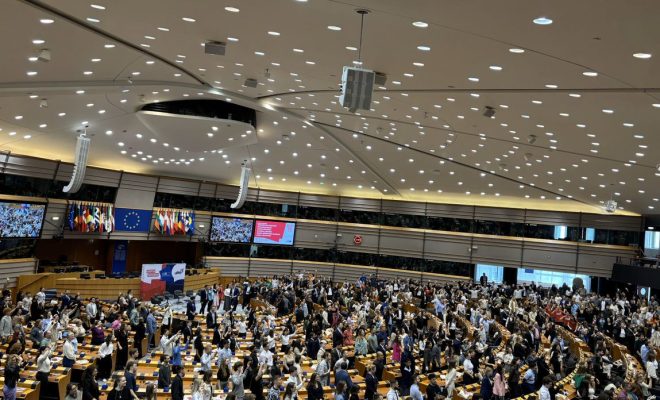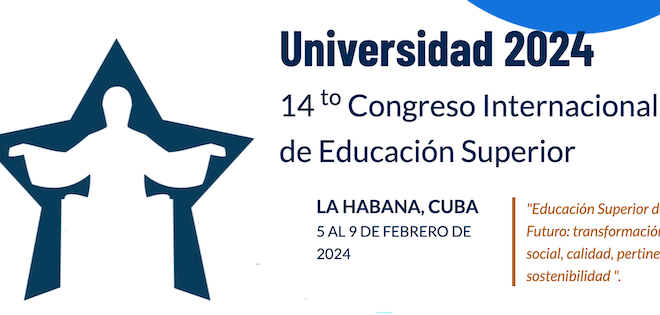Inclusion and diversity in education are topics of the CRES+5

The 9th Axis of the CRES+5 – follow-up meeting of the III Regional Conference on Higher Education (CRES) – will address the need to broaden the view of higher education towards the multiple diversities of Latin American and Caribbean societies, which requires greater recognition, as well as equity measures and policies. The goal being to promote and guarantee diversity as an invaluable asset for universities as well as an indispensable component of relevant and pertinent higher education.
Based on the analysis of the conditions needed to guarantee inclusive and quality education for all – regardless of socioeconomic classes and physical characteristics – Thematic Axis 9 should propose concrete strategies to make visible and promote the right to higher education of historically excluded people.
Some of the proposals revolve around training teachers on inclusion and new accessibility strategies, while others focus on understanding the diversity of learning styles and expanding methodologies that best suit different social groups.
By also considering gender inequality, the axis addresses the challenges faced by women and people of different genders and sexualities. The goal is to ensure that Higher Education Institutions (HEIs) will fulfill their role of educating critical citizens committed to social justice.
Participants
The work of Axis 9 is led by: Juliana Cabeza, Professor at the University of Lanús (Argentina) and member of the Latin American and Caribbean Inter-University Network on Disability and Human Rights; Maribel Enaida Alegre Jara, Professor at the National University of Santa (Peru) and founding member of the Peruvian Academy of Physicians; Myriam Moïse, Associate Professor of English and Gender Studies and Vice President of International Relations at the University of the Antilles (Guadeloupe and Martinique); and Sandra Goulart, Professor of Literary Studies at the Faculty of Letters of the Federal University of Minas Gerais and Dean of the same institution.
Base documents
The drafts of the base documents resulting from the activities of the Working Groups (WG) responsible for each thematic axis of CRES+5 are now available. The fourth preparatory meeting for the Conference was held in Havana, Cuba, on February 7th and 8th. The final version of these documents should be prepared by the WGs and made available on the CRES+5 website by March 6th.
CRES+5
The follow-up meeting of the CRES 2018 is being organized by the Ministry of Education (MEC), through the Secretariat for Higher Education (Sesu) and the Coordination for the Improvement of Higher Education Personnel (Capes), and by the UNESCO International Institute for Higher Education in Latin America and the Caribbean (UNESCO IESALC). The Conference is aimed at rectors, directors, academics, workers, students, higher education networks, associations and professionals, research centers, unions, representatives of governmental and non-governmental organizations and all those interested in higher education in the continent.
CRES
The III Regional Conference on Higher Education- held in Cordoba, Argentina, in June 2018- adopted a Declaration and Plan of Action 2018-2028. Following the 2022 World Conference on Higher Education, higher education stakeholders in the region valued the need to hold a follow-up meeting to the III CRES, in order to promote a participatory process that would highlight progress made, as well as well as pending challenges and emerging issues, especially those related to the Covid-19 pandemic.
Thus, CRES+5 will be the materialization of this decision, making it possible to analyze the achievements of higher education in Latin America and the Caribbean. At the same time, it will establish priorities for the next Regional Conference on Higher Education, scheduled for 2028.
MEC Social Communication Office, with information from Sesu and UNESCO IESALC
RELATED ITEMS








